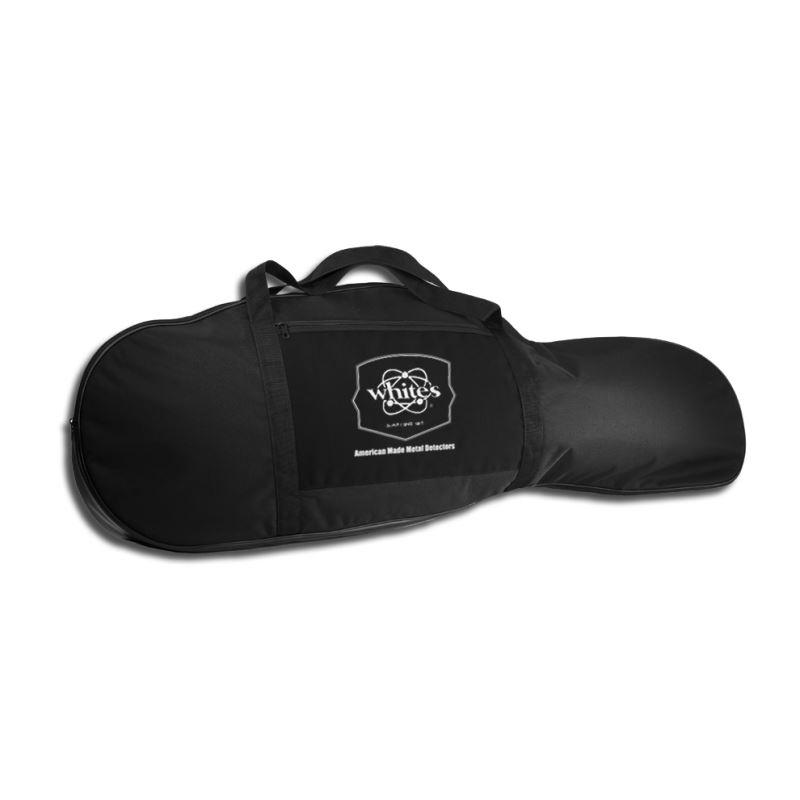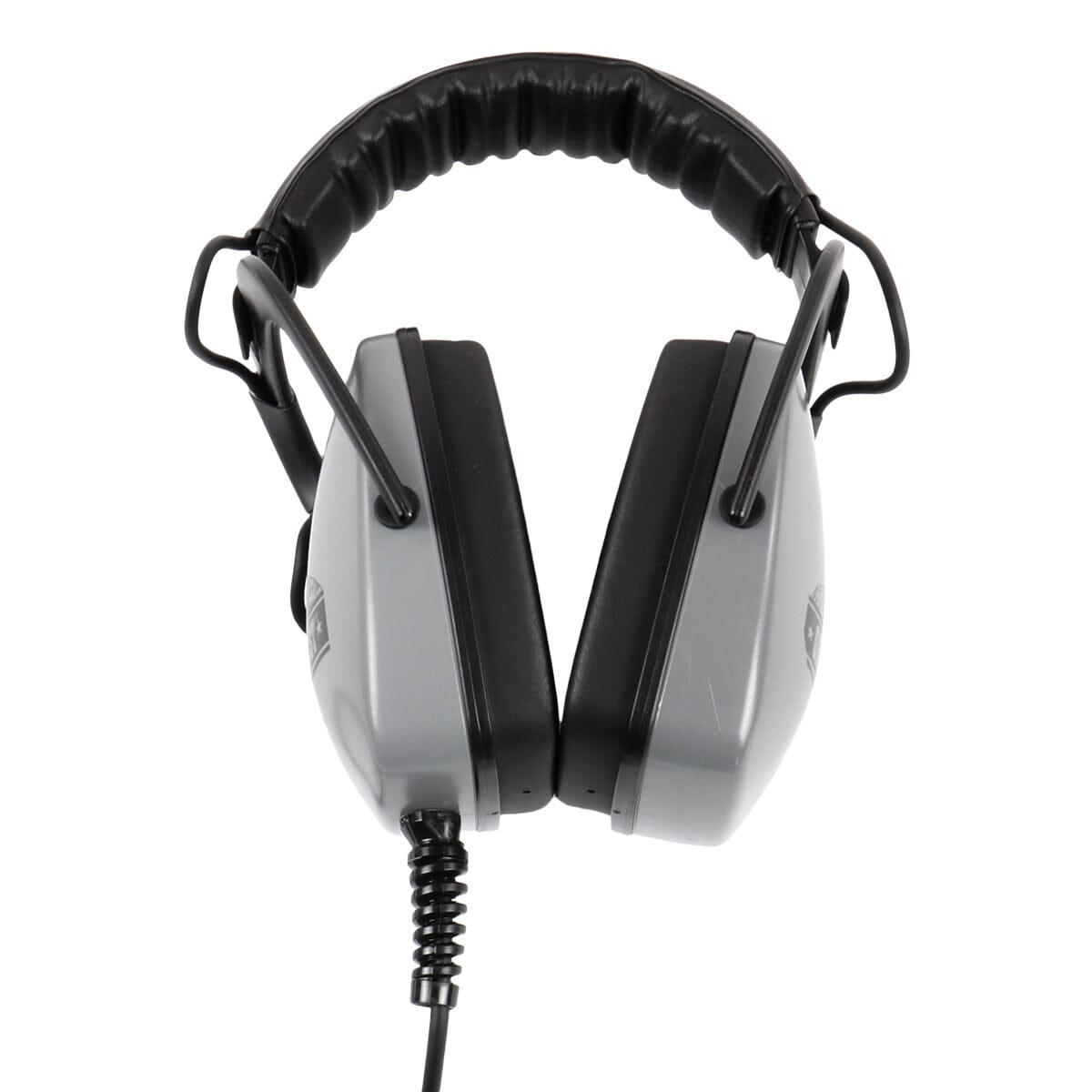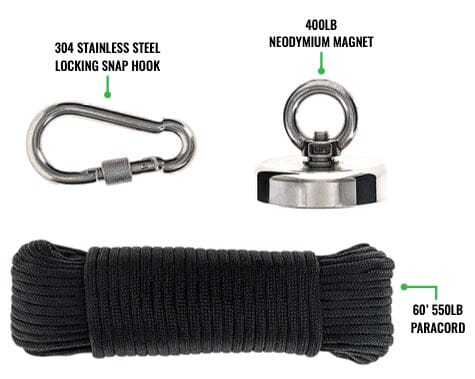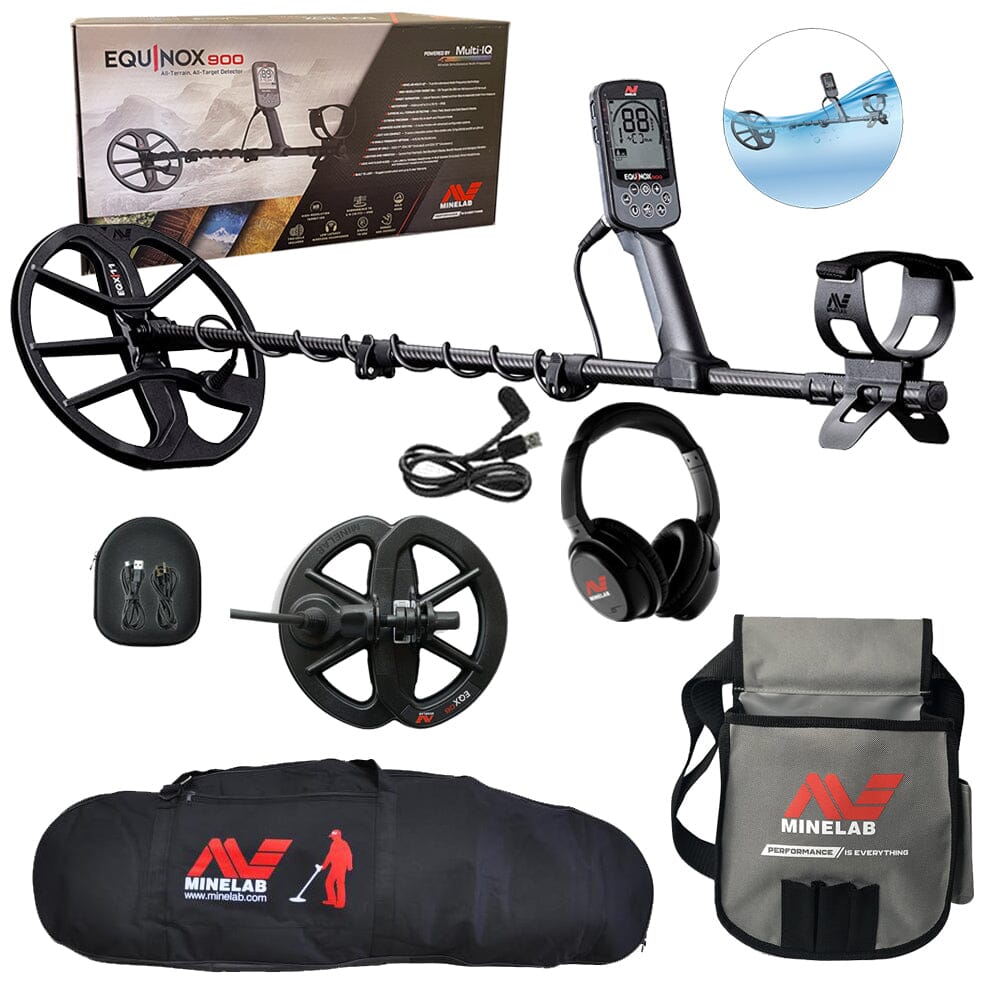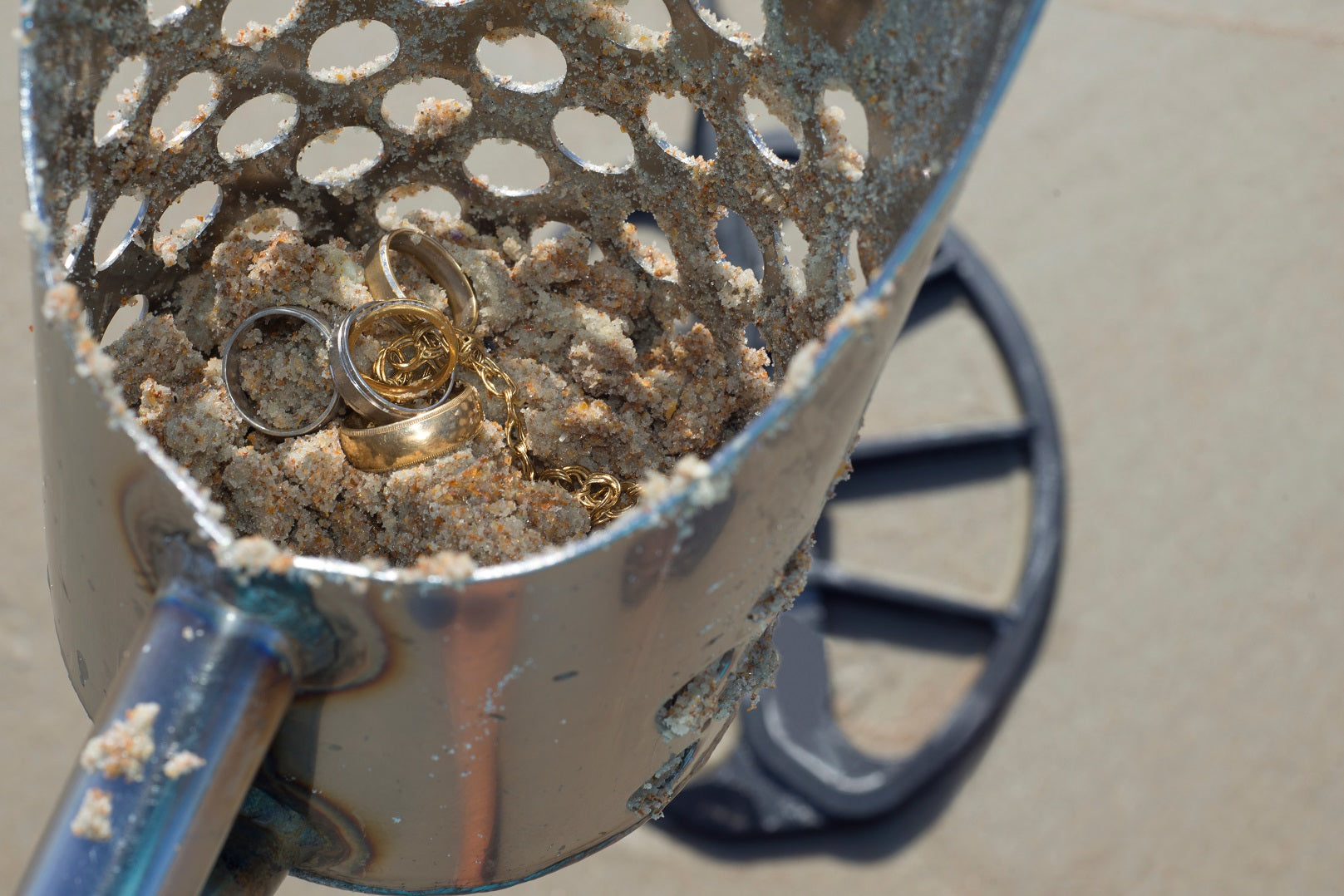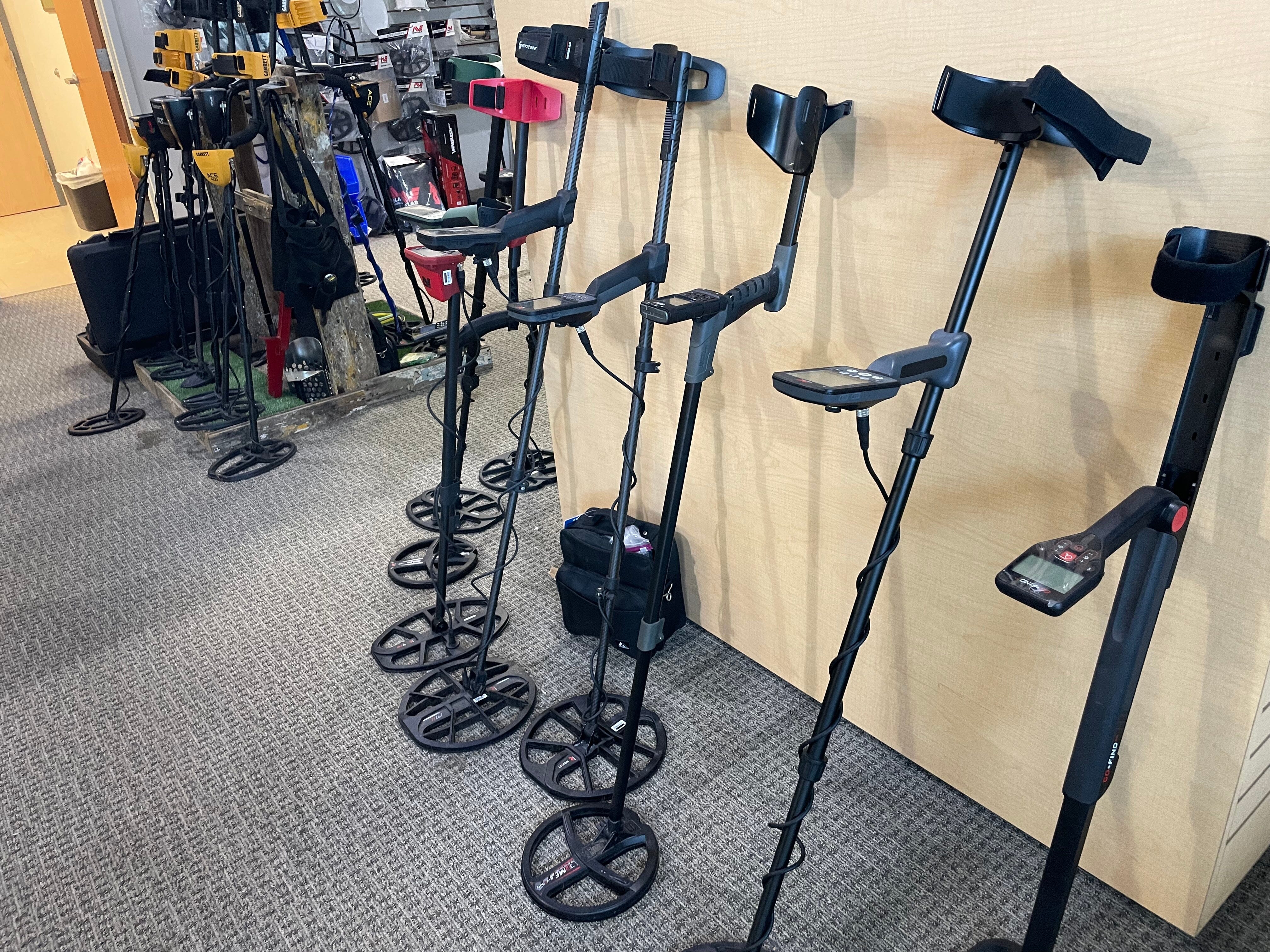FAQ: How do I get started metal detecting?
How do you get started metal detecting? Well, the simple answer is to get a metal detector and start swinging it. But, owning a metal detector is really only a fraction of the equation.
Generally I tell people new at metal detecting that the single and most important part of successful metal detecting is having a good location to hunt. All metal detector do essentially the same thing. They emit a radio frequency, receive it back, and use some sort of output (audio, visual, vibration, etc.) to inform the user of certain characteristics of the object beneath the ground. Those basic characteristics may include:
- Conductivity
- Whether it is ferrous or non-ferrous
- Depth
Some metal detectors give more information and some less...but this is the basics. They give that information in different ways through the control box. The control box is the brains of the operation. It is taking in and disseminating the information to the user via a speaker and a screen. The user then relies on this information to determine if the target is worth digging. I won't get into how a metal detector works in this article. But, as I mentioned, they are all doing basically the same thing. Thus, it is not the detector that makes one successful as much as it is the site you are metal detecting.
The Garrett ACE 300 is an excellent starter metal detector.
This begs the next question: Where can you metal detect? The answer is simple. Anywhere you are not prohibited from metal detecting. Such places may include private property, historical sites, certain parks, cemeteries, etc. I usually tell people to simply start in their own back yards. You would be surprised at the things you can find there. The older the house the better. But, even newer houses can hold treasure. I once knew a guy who had hunted the back yard of his house in a brand new development and found a few silver dollars. After doing that he got permission from several of the homeowners in his subdivision where he later found what was apparently a hoard of silver dollars that he suspects was buried as a cache. Come to find out the location was the site of a large ranch in the 1800's. It appears when the property was being developed the coins were unearthed and spread across the subdivision.
One you have tapped out your yard, try getting permission from people you know. Do some research to find properties that are old or are located on sites that were established way back when. In the YouTube video below I show you how to use Google Earth to overlay old maps to locate historic locations.
It is not as hard as you might think to find a location to metal detect. In a past article titled, FAQ: How do you find good metal detecting sites? I discuss in detail what it takes to find a good place to metal detect. The age of the property and how many people have visited that site is a good place to start. So, places in your area that have been inhabited for a long time and hosted a great deal of people over time are great places to metal detect. Old town areas, campsites, old fair grounds, swim holes, and such are awesome places to metal detect. Also, houses that were built for homecoming soldiers after the World Wars are also good places to look. As always just make sure you get proper permission for any property you plan on detecting.
Stay tuned to our blog for upcoming articles and episodes by following us on your favorite social media outlet to stay informed of releases:
YouTube: HighPlainsProspectors
Facebook: @highplainspropsectors
Instagram: #highplainsprospectors
Twitter: @HProspectors
Pinterest: @highplainspro0247
You Might Be Interested In
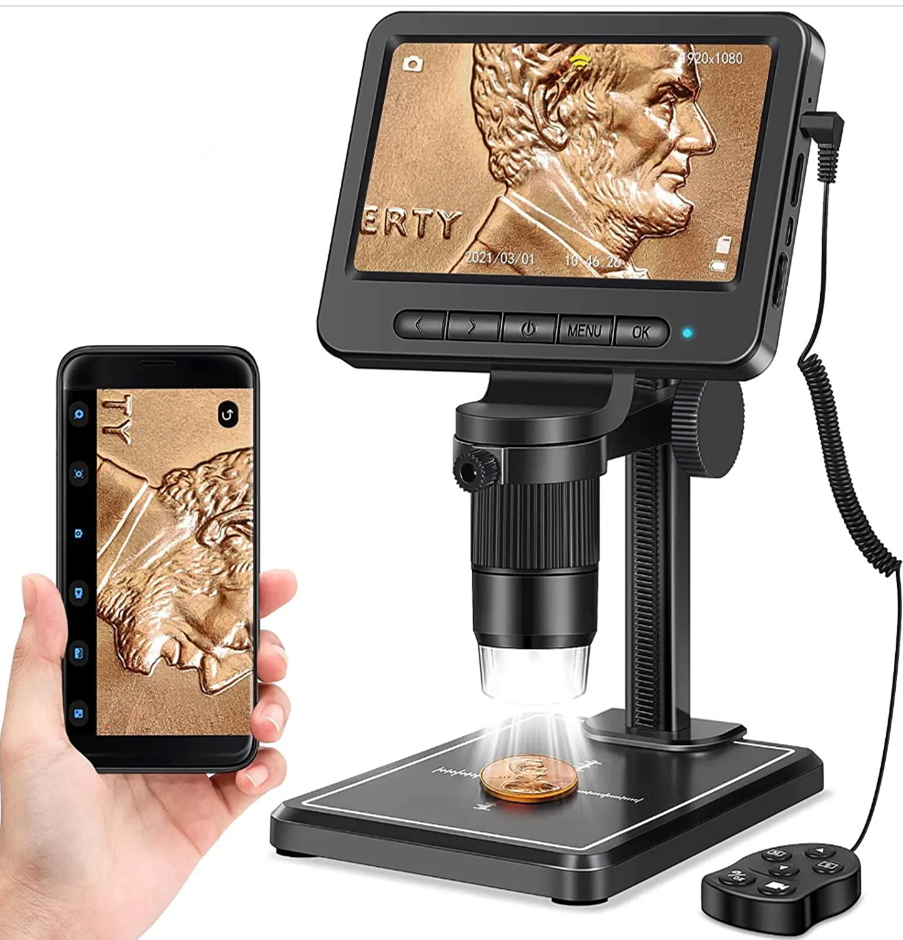
Coin & Relic Cleaning Supplies
Pair text with an image to focus on your chosen product, collection, or blog post. Add details on availability, style, or even provide a review.
- Choosing a selection results in a full page refresh.
